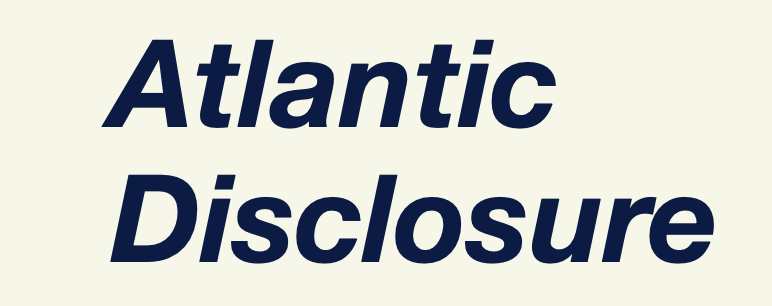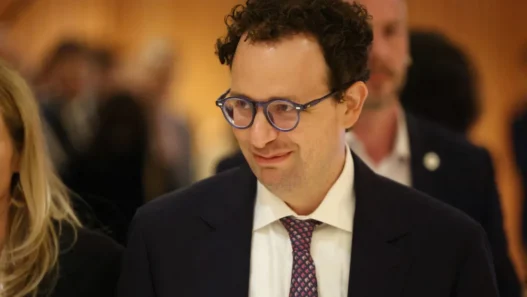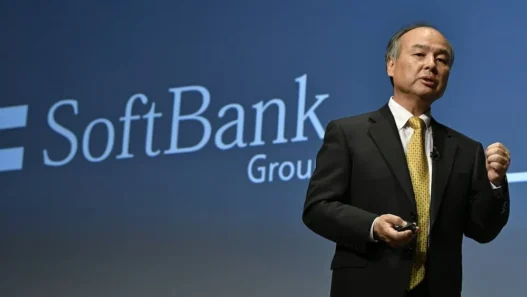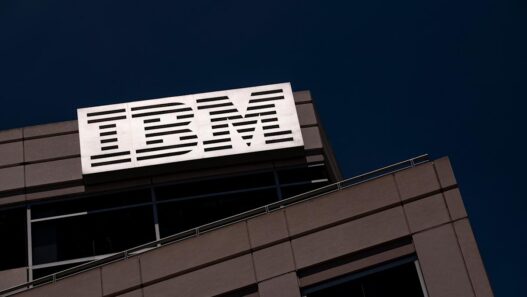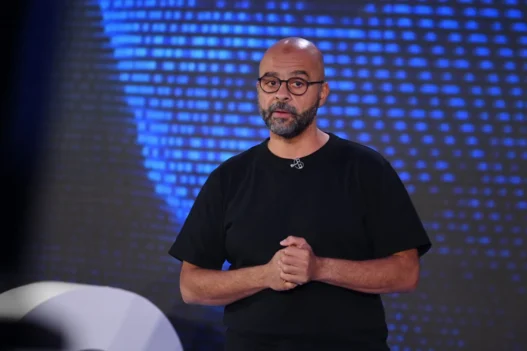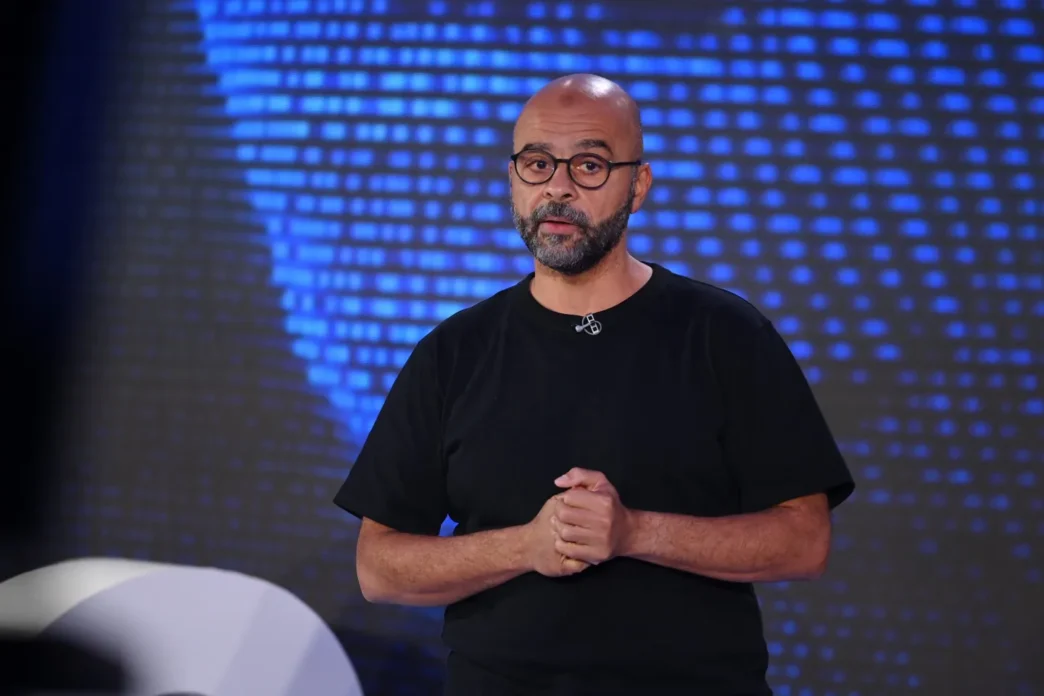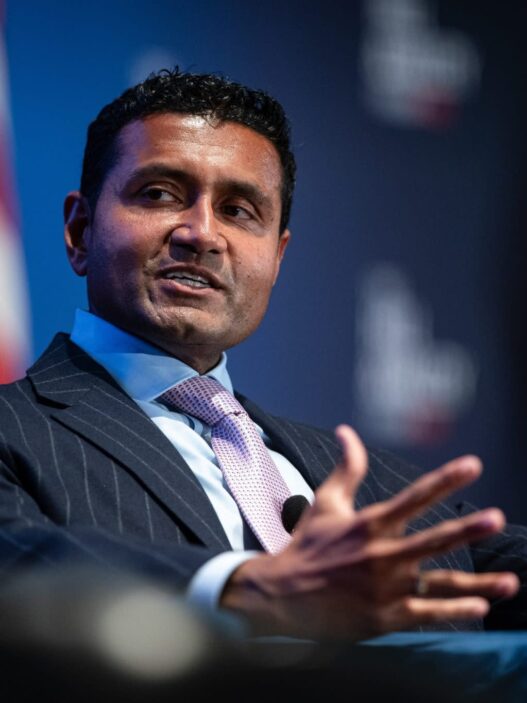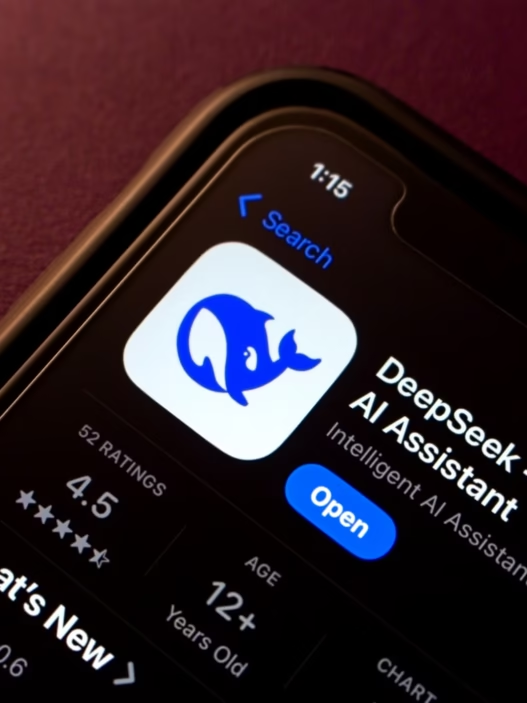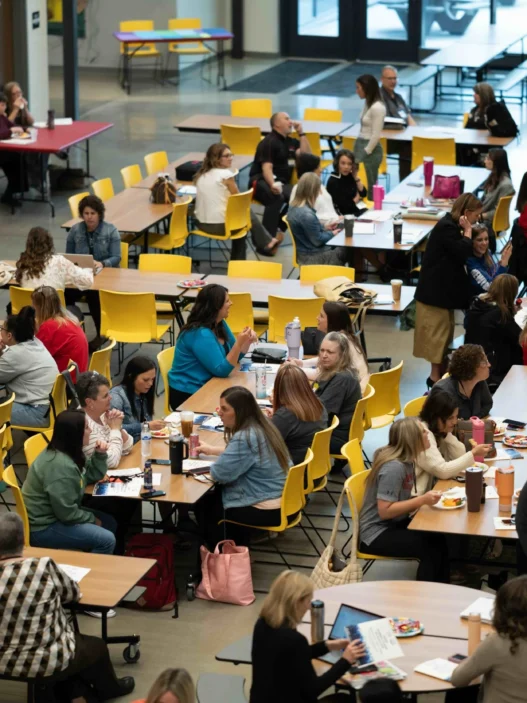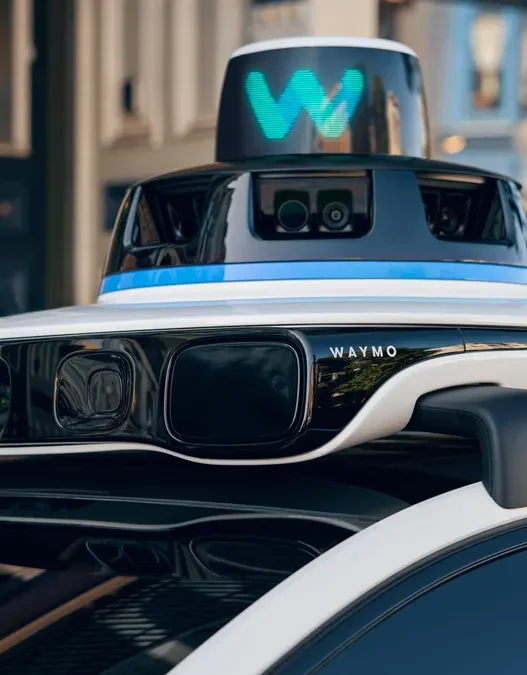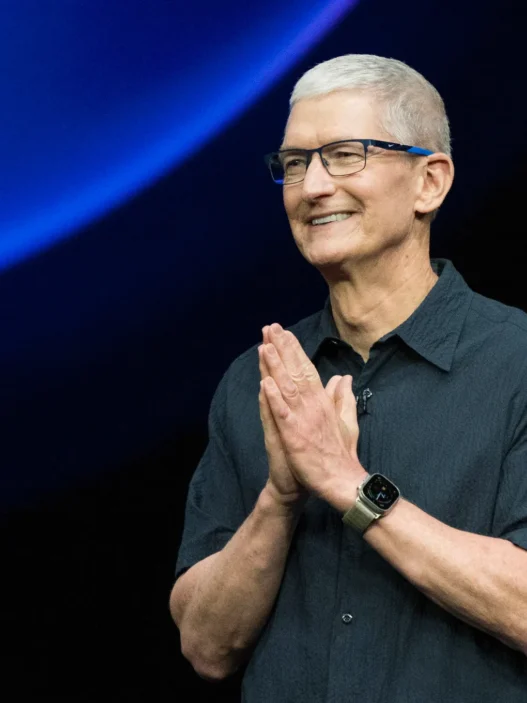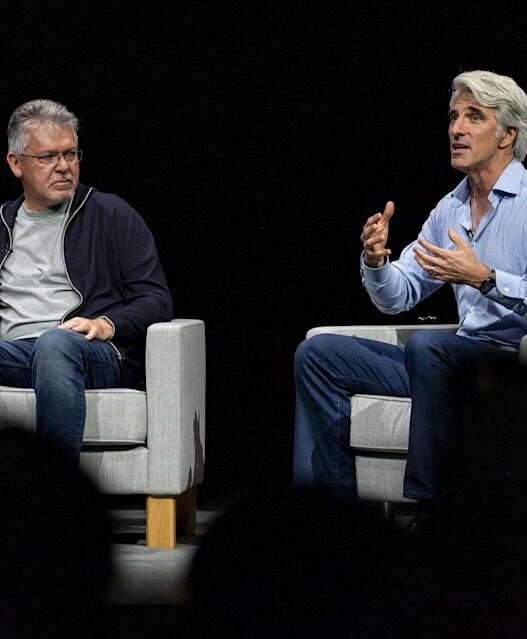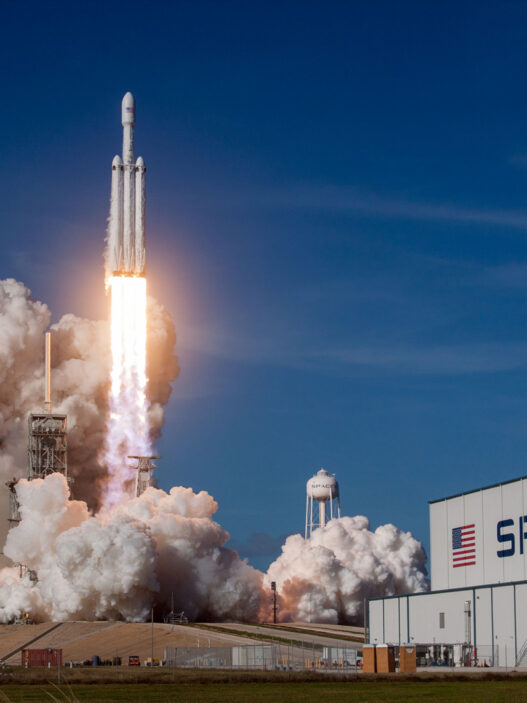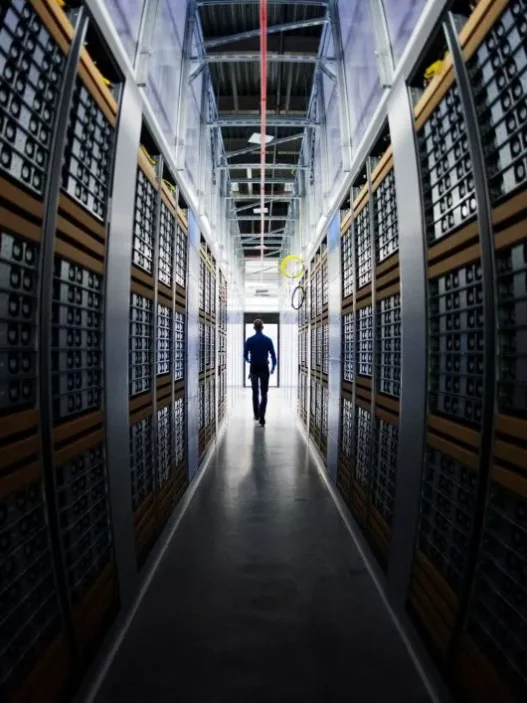Artificial intelligence is reshaping the global workforce at an unprecedented pace, and Mo Gawdat, former Chief Business Officer at Google, is sounding the alarm. Gawdat argues that while business leaders are reveling in short-term efficiency gains, they are failing to see the larger threat AI poses—not just to their employees but to their own roles.
“The idea that AI will create more jobs than it destroys is 100% crap,” Gawdat said in a recent interview. “We are watching entire workforces being gutted, and even the so-called untouchables—CEOs and senior executives—are not immune. AI doesn’t stop at low-level tasks; it’s coming for the top.”
AI’s Ruthless March Across Industries
From finance to healthcare to manufacturing, AI is rapidly automating functions that once required teams of skilled professionals. Companies are slashing costs by replacing entire departments with AI-powered tools, while tech giants race to push even more advanced models into production.
Gawdat notes that this “celebration of efficiency” blinds executives to the reality that AI is capable of doing their jobs as well. “If a machine can make strategic decisions faster, cheaper, and with fewer errors than a human CEO, what do you think boards will do?” he asked.
Leaders May Be Next in Line
Gawdat argues that AI’s progression is accelerating beyond administrative and mid-tier positions. Strategic decision-making, data-driven analysis, and even executive-level leadership functions are increasingly within AI’s grasp. “Even incompetent CEOs are at risk,” he warned. “And don’t assume governments will protect you—they’re too slow, too reactive, or in some cases, outright complicit.”
He went further to say that “evil leaders” could leverage AI in ways that destabilize entire nations, weaponizing technology to tighten control rather than address the existential employment crisis AI is fueling.
A Grim Prediction for the Future of Work
Gawdat believes that without immediate regulatory intervention and forward-thinking adaptation strategies, the AI-driven employment collapse could rival industrial revolutions of the past—but on a compressed timeline.
“We are talking about a matter of years, not decades,” he cautioned. “AI isn’t waiting for humanity to catch up.”
As companies continue to prioritize short-term gains and celebrate efficiency milestones, Gawdat’s message is clear: even those celebrating the loudest may soon find themselves automated out of existence.
